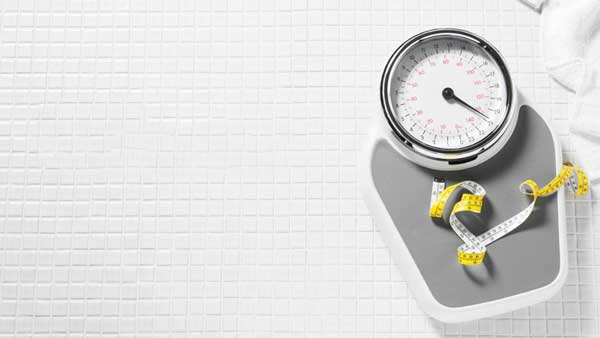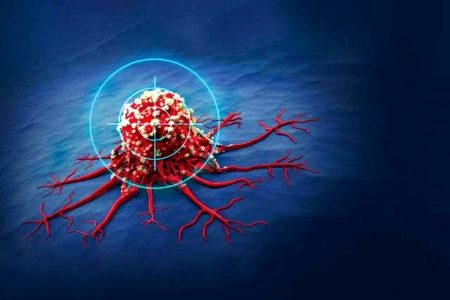Eating More Protein to Lose Weight
Adjusting your daily protein intake can help you reach your weight and fitness goals, but health experts say these are six of the most common mistakes people make that can keep you from maximizing those benefits.
• Protein is a vital part of a well-balanced diet, assisting with organ function and muscle growth and maintenance.
• Protein can also help people lose weight.
Generally, it’s a good idea to focus on consuming protein as a critical component of a well-balanced diet.
“Protein is involved in regulating organ systems, maintaining immunity and metabolism, ensuring proper function of hormones and neurotransmitters, and more,” said Maddie Pasquariello, MS, RDN, a registered dietitian. “Protein is also vital for maintaining a healthy body weight and the health of muscles and bones.”
Indeed, a 2020 review suggested that consuming a high protein diet was one safe and effective tool for weight loss, obesity prevention, and lowering the risks of obesity-related illnesses.
Another from 2024Trusted Source indicated that physicians prescribing antiobesity medications should counsel people on nutrient intake, specifically protein.
“Many people make mistakes when it comes to their protein intake,” said Andrea Soares, MS, RDN, CSSD, a registered dietitian with Top Nutrition Coaching. “From not eating enough to ignoring plant-based options, these errors can affect health goals.”
According to registered dietitians, the following are six of the most common mistakes people make when changing their protein intake to reach new health goals and how you can best avoid them.
Consuming too little protein
Protein needs are personal and based on factors like weight, height, and lifestyle (i.e., activity level).
“If you’re hoping to build muscle, or if you’re an older adult, something on the higher range of this scale is typically recommended. And if you are looking to lose substantial weight, you may want to go a bit lower than this range.”
But you won’t want to go too low.
“If you don’t get enough protein, your body can’t function properly — nearly all reactions in our body require protein,” Pasquariello said.
Pasquariello said common signs you’re not getting enough protein include:
• Snacking more throughout the day
• Constant cravings
• Weakness
• Lethargy
• Difficulties with mood and cognitive function
• Getting sick more frequently
• Brittle hair and nails
Maria Karalis, RDN, a registered dietitian nutritionist with Fay, said simple ways to add more protein to your diet include:
• Adding eggs, tuna, leftover meat, grated cheese, canned beans, or tofu to noodles, rice, salads, sandwiches, soups, casseroles, pasta, and other mixed dishes.
• Eating cottage cheese or Greek yogurt with fruit as a snack or dessert.
• Spreading peanut or other nut butter on toast.
Consuming too much protein
Pasquariello said that high protein diets are usually safe if they work for you, you enjoy them, and you are still getting enough of other vital nutrients.
However, it’s possible to go overboard, and some people may be dissuaded from following a high protein diet, regardless of weight goals.
While a 2023 study didn’t find that high protein diets specifically triggered kidney stones or other diseases, authors did call for longer-term data.
Karalis said signs you’re consuming too much protein include:
• Constipation (due to lack of fiber)
• Dehydration
• Kidney strain, especially if you have kidney problems already
• Bad breath
• Weight gain





ارسال دیدگاه
مجموع دیدگاهها : 0در انتظار بررسی : 0انتشار یافته : ۰